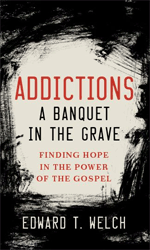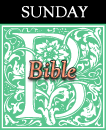
III. Let it be observed, that not the matter of the Scriptures only, but the very words in which they are written, are of God. … says David, one of the writers of the Old Testament, The Spirit of the Lord spake by me, and his word was in my tongue, 2 Sam. xxiii. 2. And the apostle Paul speaks of himself, and other inspired apostles of the New Testament, Which things, says he, we speak, not in the words which man’s wisdom teacheth, but which the Holy Ghost teacheth, 1 Cor. ii. 13; and it is the writing, or the word of God as written, that is, by inspiration of God, 2 Tim. iii. 16. But then,
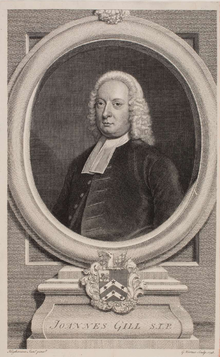
John Gill
(1697-1771)
IV. This is to be understood of the Scriptures, as in the original languages in which they were written, and not of translations, unless it could be thought, that the translators of the Bible into the several languages of the nations into which it has been translated, were under the divine inspiration also in translating, and were directed of God to the use of words they have rendered the original by; but this is not reasonable to suppose. The books of the Old Testament were written chiefly in the Hebrew language, unless in some few passages of Jeremiah, Daniel, Ezra, and Esther, in the Chaldee language, and the New Testament in Greek; in which languages they can only be reckoned canonical and authentic; for this is like the charters and diplomas of princes, the wills or testaments of men, or any deeds made by them; only the original exemplar is authentic, and not translations, and transcriptions, and copies of them, though ever so perfect; and to the Bible, in its original languages, is every translation to be brought, and by it to be examined, tried and judged, and to be corrected and amended, and if this was not the case, we should have no certain and infallible rule to go by…
[John Gill (1697-1771), A Complete Body of Doctrinal and Practical Divinity: or A System of Evangelical Truths Deduced from the Sacred Scriptures, Vol. 1, (London: Thomas Tegg, 1849), 17-18.]


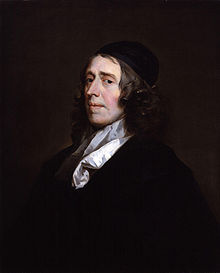

![9780140150612[1]](https://ronhenzel.files.wordpress.com/2014/01/97801401506121.jpg?w=195&h=300)

 There is another version of this fallacy, however, which denies that somebody can have a particular concept if they lack a particular word or phrase. A good example can be found in relation to the fourth century discussions of Trinitarian doctrine. Popular author Dan Brown, in his inexplicably popular The Da Vinci Code, makes it sound as if the deity of Christ was an invention of the church in the fourth century and that the vote at Nicea was a close call. In fact, we know that the vote was overwhelmingly in favor of Christ’s divinity (one might debate as to how representative the gathering was, or to what extent the emperor’s menacing presence may have influenced the delegates, but one cannot debate the margin of victory). Thus, Brown is guilty of basic factual error; but he is also guilty of confusing the existence and acceptance of a specific creedal statement with the existence and acceptance of a concept. For instance, much work has been done by scholars such as Richard Bauckham on the evidence for the fact that the New Testament writers themselves believed that God was one, that Jesus was God, and that there was a distinction between Father and Son. That this concept was not formulated using the technical Greek vocabulary which was developed and refined during the fourth century in order to give it clear expression is undeniable; but that does not allow one to conclude that the basic concepts which the Nicene Creed was to articulate were not present prior to the coming of the creedal terminology.
There is another version of this fallacy, however, which denies that somebody can have a particular concept if they lack a particular word or phrase. A good example can be found in relation to the fourth century discussions of Trinitarian doctrine. Popular author Dan Brown, in his inexplicably popular The Da Vinci Code, makes it sound as if the deity of Christ was an invention of the church in the fourth century and that the vote at Nicea was a close call. In fact, we know that the vote was overwhelmingly in favor of Christ’s divinity (one might debate as to how representative the gathering was, or to what extent the emperor’s menacing presence may have influenced the delegates, but one cannot debate the margin of victory). Thus, Brown is guilty of basic factual error; but he is also guilty of confusing the existence and acceptance of a specific creedal statement with the existence and acceptance of a concept. For instance, much work has been done by scholars such as Richard Bauckham on the evidence for the fact that the New Testament writers themselves believed that God was one, that Jesus was God, and that there was a distinction between Father and Son. That this concept was not formulated using the technical Greek vocabulary which was developed and refined during the fourth century in order to give it clear expression is undeniable; but that does not allow one to conclude that the basic concepts which the Nicene Creed was to articulate were not present prior to the coming of the creedal terminology.

![220px-Derrida_main[1]](https://ronhenzel.files.wordpress.com/2014/01/220px-derrida_main1.jpg?w=119&h=150)

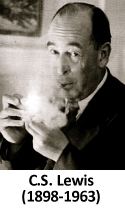
 I have sat in many-a-pew down through the years listening to an untold number of preachers, and on more than one occasion I have heard bold declarations that made me wonder what possible value they had for my Christian life, not to mention what possible connection they had to the rest of the message. Sometimes these homiletical gaffes can be chalked up to inexperience; other times…well, not so much.
I have sat in many-a-pew down through the years listening to an untold number of preachers, and on more than one occasion I have heard bold declarations that made me wonder what possible value they had for my Christian life, not to mention what possible connection they had to the rest of the message. Sometimes these homiletical gaffes can be chalked up to inexperience; other times…well, not so much. 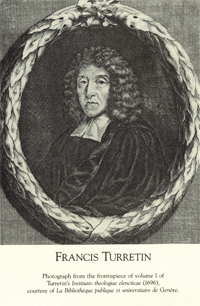
![George_Eliot[1]](https://ronhenzel.files.wordpress.com/2013/01/george_eliot1.jpg?w=169&h=204)
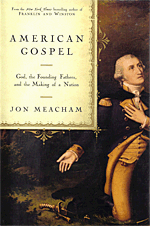
 With this post I am plunging into Plato’s (c. 424-c. 347
With this post I am plunging into Plato’s (c. 424-c. 347 